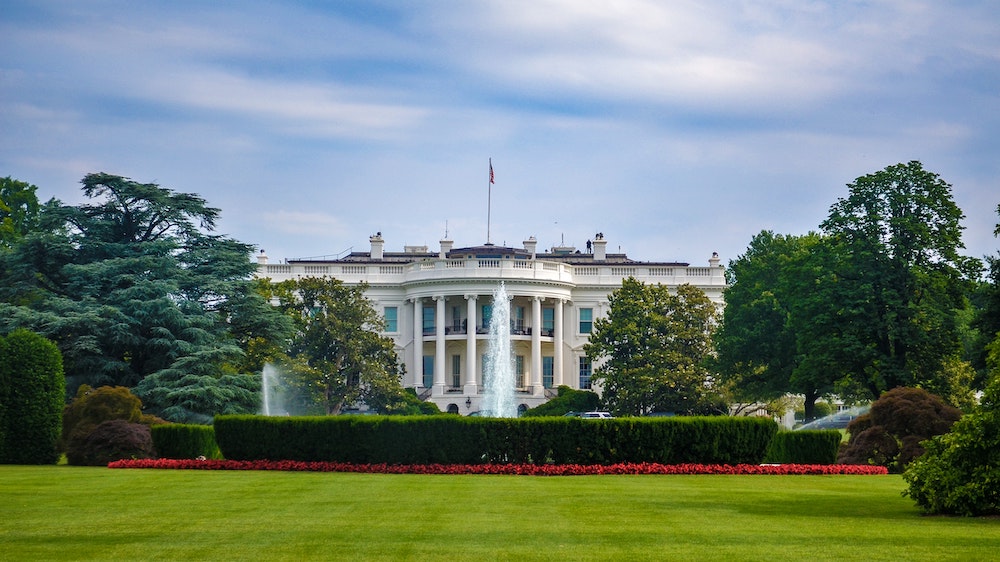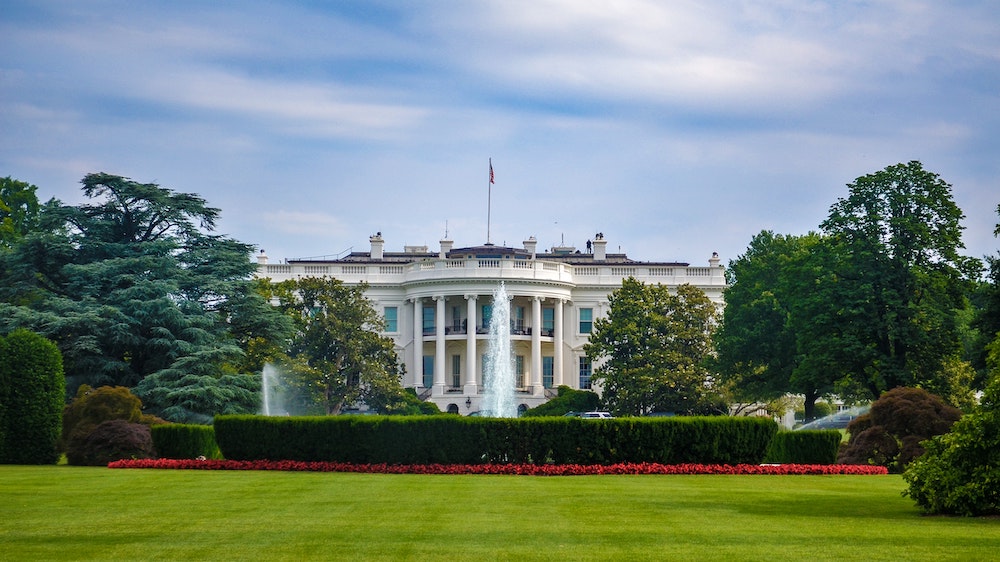
Photo by David Everett Strickler on Unsplash
NSF, in close coordination with OSTP, initiated and funded a virtual workshop hosted by the Harvard University, Center for Integrated Quantum Materials (CIQM) in March 2020. Entitled "Key Concepts for Future Quantum Information Science Learners, " the workshop was designed to identify essential concepts for future curricular and educator activities that will help students engage with quantum information science (QIS).
The workshop resulted in a list of key concepts for future quantum information science (QIS) learners. The document provides a concise list of nine basic concepts, including quantum entanglement, communication, and sensing. As the authors write: "The Key Concepts are not intended to be an introductory guide to quantum information science, but rather provide a framework for future expansion and adaptation for students at different levels in computer science, mathematics, physics, and chemistry courses." The stakeholder community is able to provide input via the contact and feedback form.
The document was the product of over three weeks of intensive deliberations among a group of university and industry researchers, secondary school and college educators, and representatives from educational and professional organizations. The participants represented a set of convergent disciplines that contribute to QIS today: physics, computer sciences, materials sciences, engineering, chemistry, and mathematics. Document development efforts were led by experts from the Illinois Quantum Information Science and Technology Center (IQUIST), the University of Chicago, Georgetown University and the Museum of Science, Boston.
The list of concepts is widely anticipated by the education and research communities and by agencies across the government. Renewed focus on quantum education and workforce development is a key priority of the National Quantum Initiative (NQI), led out of OSTP. The list of concepts provides the first critical step towards the development of quantum education curricula and empowering educators to teach quantum concepts in K-12 classrooms.
Jake Taylor, Assistant Director for Quantum Information Science, OSTP, said: "American leadership in quantum information science depends on a strong quantum workforce. We're thrilled to begin this important work helping prepare the next generation of quantum learners." NSF's role is critical in a vital and long-term effort to generate, support and sustain broad participation of society in quantum information science and technology through fundamental research and education. Sean Jones, Acting Assistant Director at the NSF's Directorate for Mathematical and Physical Sciences comments: "The future of fundamental research and education is in our hands. This impactful effort will empower the broad society to be included, and to actively participate in both efforts and benefits of the quantum era."
The workshop resulted in a list of key concepts for future quantum information science (QIS) learners. The document provides a concise list of nine basic concepts, including quantum entanglement, communication, and sensing. As the authors write: "The Key Concepts are not intended to be an introductory guide to quantum information science, but rather provide a framework for future expansion and adaptation for students at different levels in computer science, mathematics, physics, and chemistry courses." The stakeholder community is able to provide input via the contact and feedback form.
The document was the product of over three weeks of intensive deliberations among a group of university and industry researchers, secondary school and college educators, and representatives from educational and professional organizations. The participants represented a set of convergent disciplines that contribute to QIS today: physics, computer sciences, materials sciences, engineering, chemistry, and mathematics. Document development efforts were led by experts from the Illinois Quantum Information Science and Technology Center (IQUIST), the University of Chicago, Georgetown University and the Museum of Science, Boston.
The list of concepts is widely anticipated by the education and research communities and by agencies across the government. Renewed focus on quantum education and workforce development is a key priority of the National Quantum Initiative (NQI), led out of OSTP. The list of concepts provides the first critical step towards the development of quantum education curricula and empowering educators to teach quantum concepts in K-12 classrooms.
Jake Taylor, Assistant Director for Quantum Information Science, OSTP, said: "American leadership in quantum information science depends on a strong quantum workforce. We're thrilled to begin this important work helping prepare the next generation of quantum learners." NSF's role is critical in a vital and long-term effort to generate, support and sustain broad participation of society in quantum information science and technology through fundamental research and education. Sean Jones, Acting Assistant Director at the NSF's Directorate for Mathematical and Physical Sciences comments: "The future of fundamental research and education is in our hands. This impactful effort will empower the broad society to be included, and to actively participate in both efforts and benefits of the quantum era."




 IonQ Achieves Industry Leading Performance on Next Generation Barium Qubits
IonQ Achieves Industry Leading Performance on Next Generation Barium Qubits